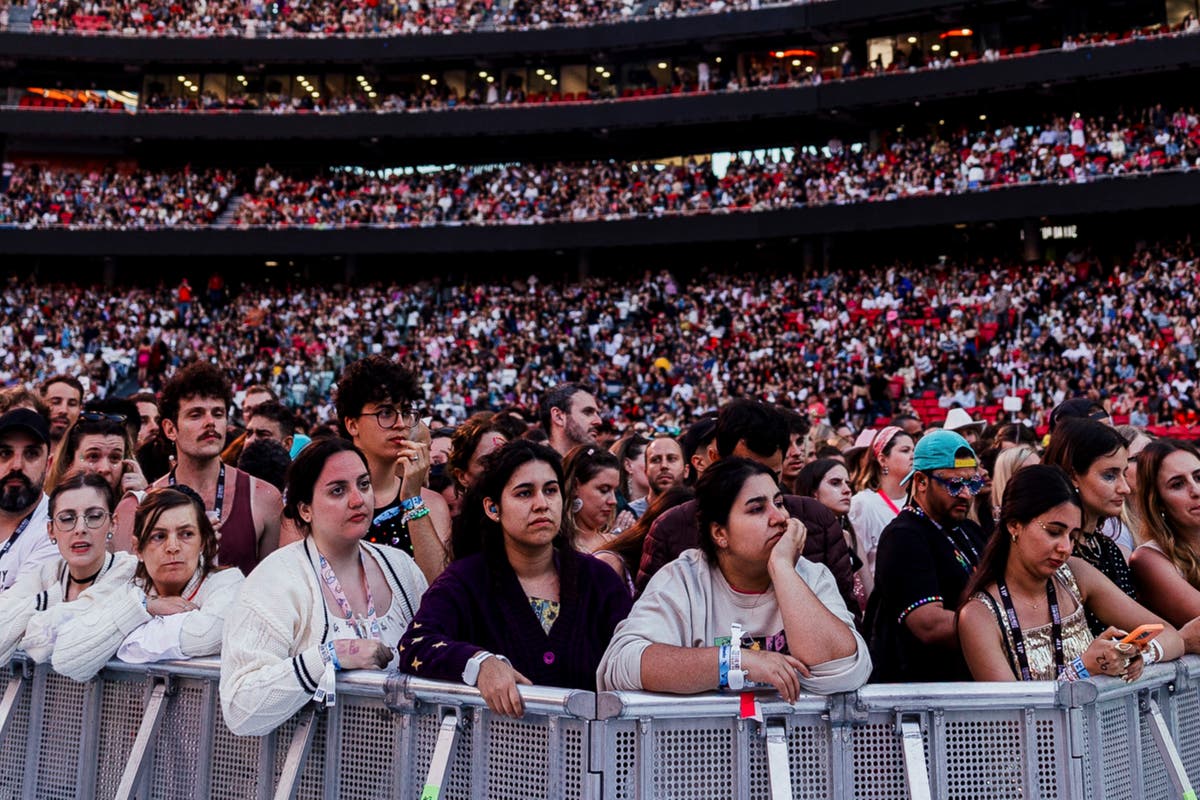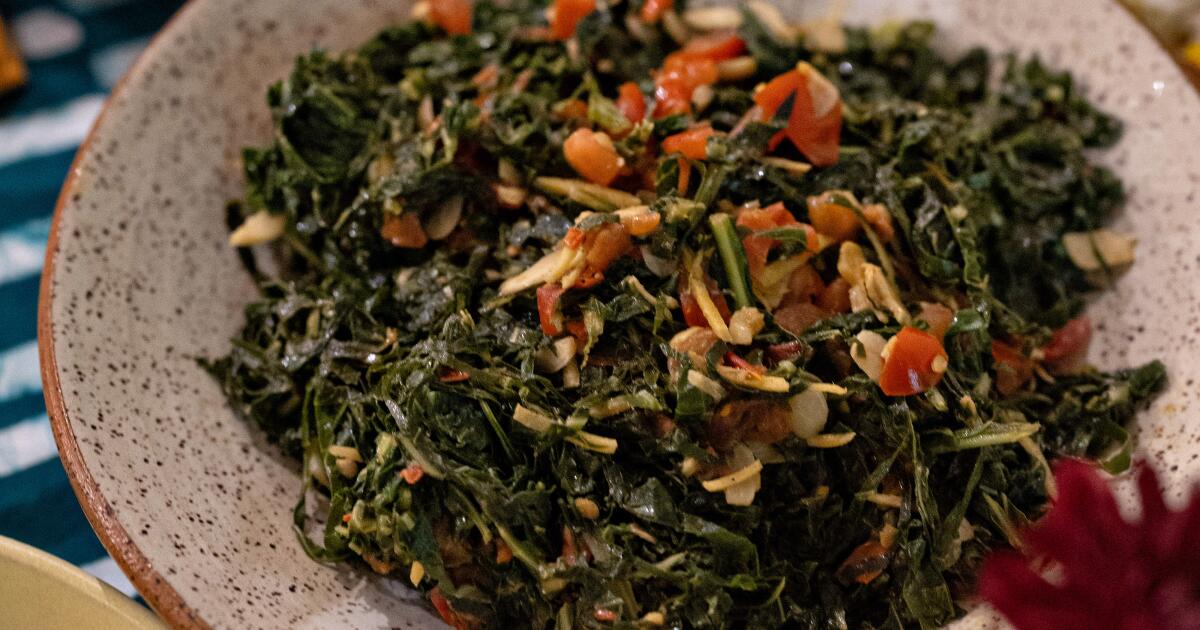Truly support
independent journalism
Our mission is to provide unbiased, fact-based reporting that holds the powerful to account and exposes the truth.
Whether it's $5 or $50, every contribution counts.
Support us in offering journalism without agenda.
Dating is hard even in the best of times, but add to that the risk of getting sick from a kiss and it gets a lot harder.
“I hate to drop the bomb,” said Andy, 28, referring to revealing his celiac disease, an autoimmune condition that prevents him from eating gluten. Still, when he meets someone new, he usually reveals this personal fact “almost immediately because it’s non-negotiable.”
Andy frequents gay bars, places packed with men drinking gluten-rich beer. He either avoids kissing those who have been drinking beer or, in some circumstances, interrupts the intimate moment to warn a potential partner: “By the way, I can't kiss you until you finish your beer and rinse your mouth.”
Andy said that request often results in “eye rolls” or disapproving looks, suggesting he’s being too sensitive. He then launches into a “mini lecture on the biology of celiac disease” to explain the severity of it.
“It’s not fun or sexy,” Andy said. “It’s just a total mess.”
Jenn Roman, 37, said she's thankfully not had to interrupt someone moments before a kiss, but understands it needs to be mentioned straight away. She joked: “How can you tell if someone is celiac? Don't worry, they'll tell you.”
Even 14 years after receiving her diagnosis, Jenn said it can still be “embarrassing” to meet someone new and say, “I’m sorry, I actually have these dietary needs, so I have to, like, not be so cool.”
But overall, Jenn said she's tried to find alternative solutions to living a life that isn't centered around her diagnosis. She said she always has a snack on hand and doesn't travel without a bag of gluten-free pasta.
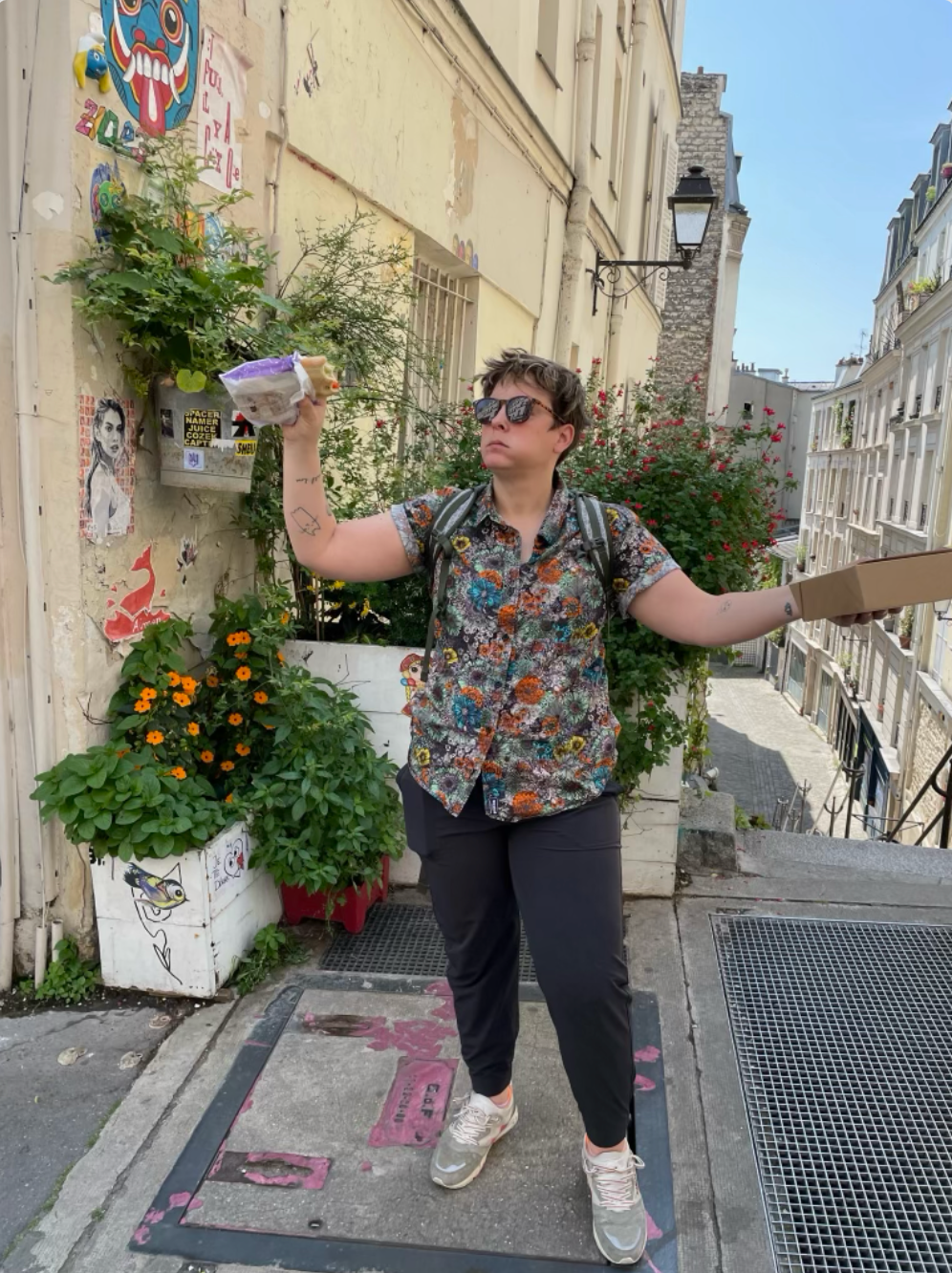
Andy said he experienced a “total, overnight” dietary change following his diagnosis in 2019. He went from being an avid baker, who enjoyed copious amounts of pasta and pizza and considered food a “great pleasure,” to wishing he had been diagnosed with celiac disease as a child to erase the delicious taste of non-gluten-free foods from his memory.
He hates having to impose such restrictions on another person, especially after having met them.
While dating her recent long-term partner, Jenn said they were “trying to make sure that all of our travel and our lifestyle wasn’t based on me being gluten-free.”
She said dating someone with celiac disease involves a lot of compromises, meaning she and her partner might go out to eat at a variety of restaurants that aren't specifically gluten-free, but that might mean she orders a salad, as long as the dressing is gluten-free.
“I wish everyone had a dedicated gluten-free fryer. Everyone should be able to have fries with their burger,” Jenn said. “A salad on the side just isn’t the same.”
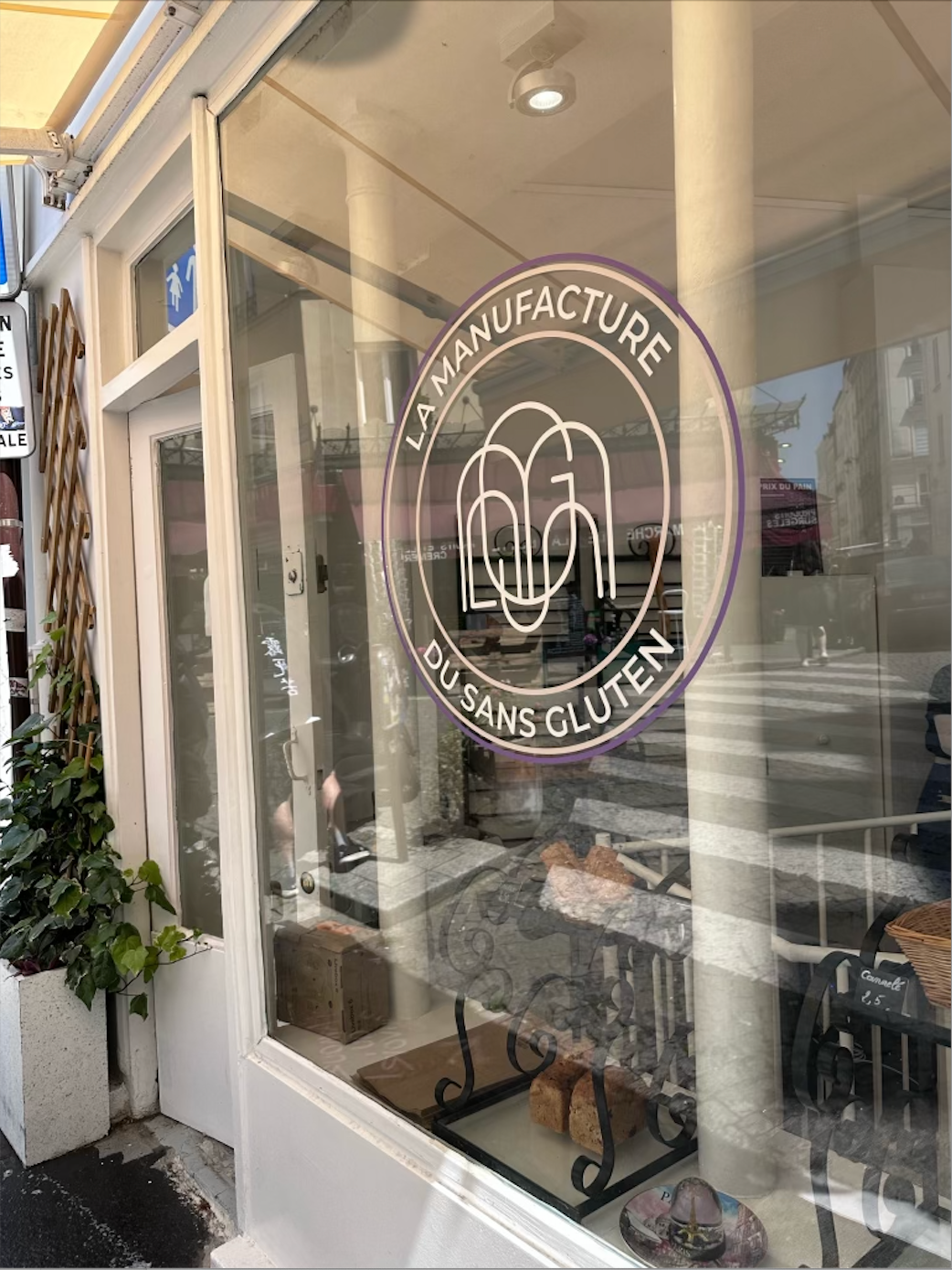
People joke about being the kind of annoying date who needs to study the menu before arriving, but Jenn has to be. “I don’t wing it anymore,” she said. “I can’t just go into a restaurant without looking first.”
Alex Campbell thinks the same. “But I have to be, because before I go somewhere I have to make sure I’m going to have options,” he said.
The 30-year-old said that mantra extends to bars. While Alex has tried a few gluten-free beers that he likes, he has become a “big cocktail drinker,” often ordering Moscow Mules and going on dates at cocktail bars.
But even before you get there, your date will probably be prepared to hear about your celiac diagnosis because you “allude” to being gluten-free on your dating app profiles.
Alex admitted that his dating pool is a bit “self-selecting,” though he explained that if it seems like “someone's whole social life is very casual,” they might not be compatible.
On the first or second date, he makes sure to have some gluten-free options on the menu. But when he considers dating someone long-term, his partner has to realize that having celiac disease is “just part of who I am,” Alex said.
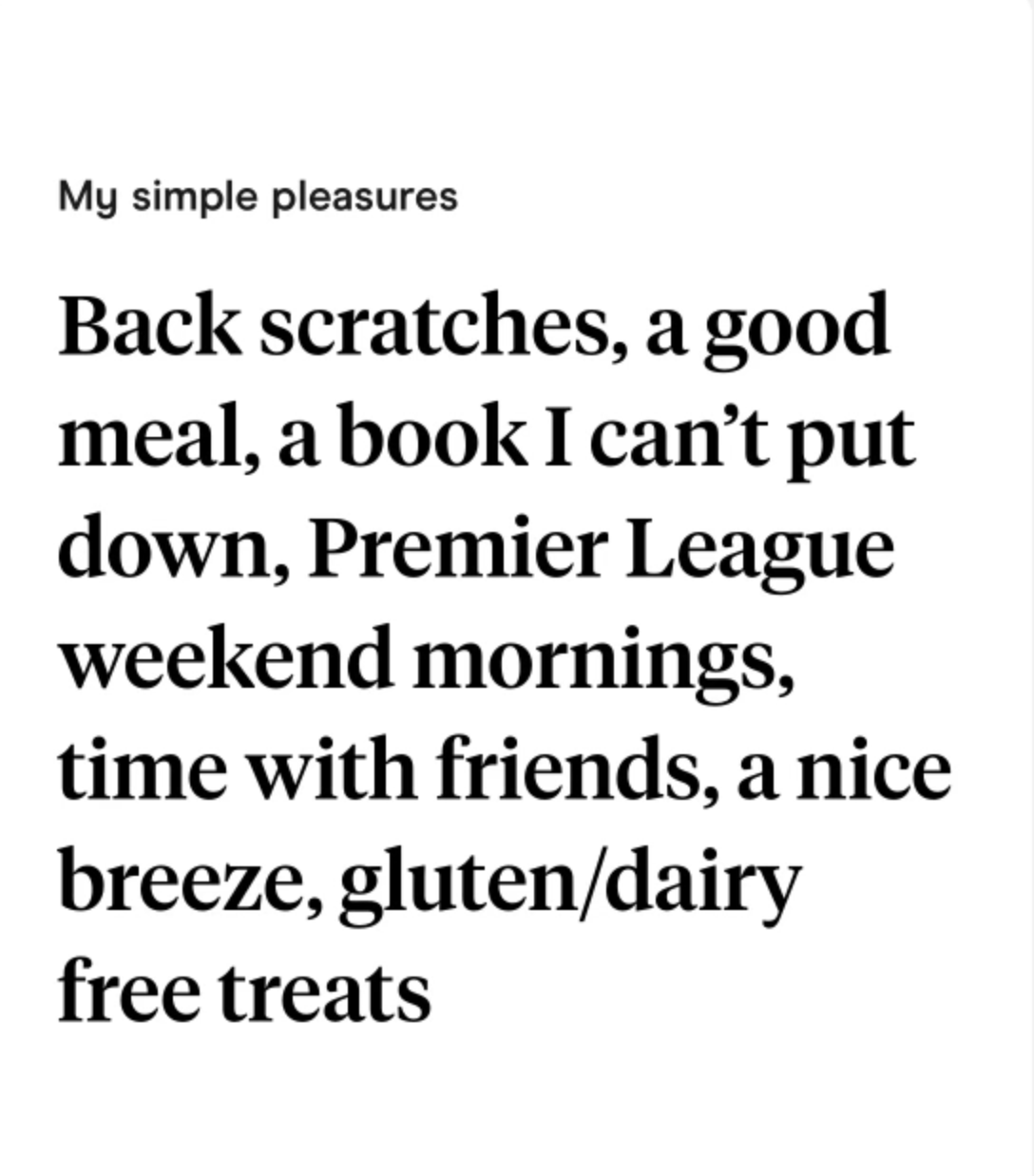
“I find people are very understanding about that,” he adds, adding that he dates liberal women, who tend to be “considerate” and “accommodating.”
Gluten-free options haven’t always been common. Jenn was diagnosed with celiac disease in 2010, when there was a “shortage” of gluten-free options and when she mentioned her condition in restaurants she found that “no one had any idea what she was talking about.”
All three sources attributed the rise in gluten-free options to the gluten-free diet craze that emerged in the 2010s.
A 2017 study showed that while celiac disease rates remained roughly the same across the United States between 2009 and 2014, the number of people choosing to eat a gluten-free diet increased more than threefold from the beginning of the period to the end.
While all three sources praised the fad for appearing to spur the creation of more options, amplifying the gluten-free market beyond the two million people in the U.S. with celiac disease, the diet trend nearly eclipsed celiac disease, making the gluten-free lifestyle seem like an option.

This is far from the case for sufferers of the disorder, who have difficulty finding foods that are truly gluten-free, as even those labeled “gluten-free” could be cross-contaminated if proper precautions are not followed.
This problem arises in a very common dating venue: ice cream shops. If a scoop of ice cream hits the cookie dough flavor and then the same scoop is used for the vanilla flavor, that means the date is over.
“It can be burdensome to be that “He’s a person who limits where everyone can eat,” Andy admits, saying he often chooses to eat before or after group meals.
Andy knows he has to stick to his gluten-free ultimatum, though. “People usually listen to him, because the alternative is: if you drink beer, we’re not going to kiss.”




